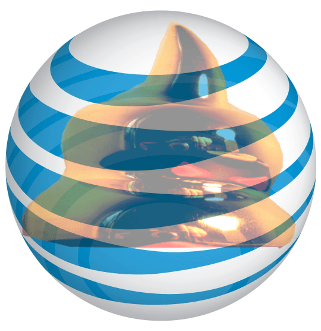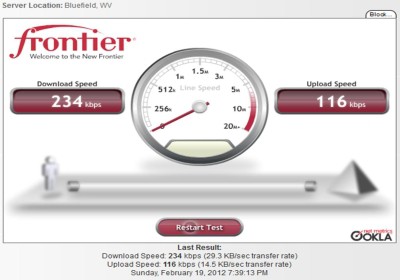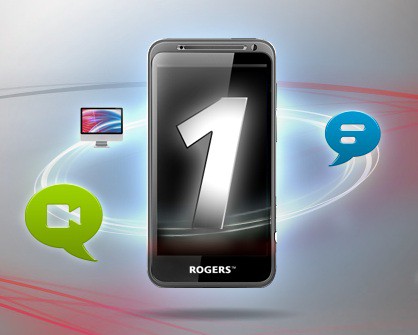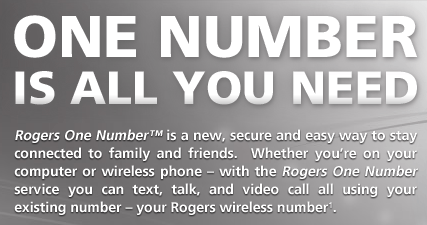 Some Comcast customers might have thought they were losing their minds when e-mail user names and passwords kept failing with errors like “username and password do not match” even though customers were certain they did. Our reader David dropped us a note late last night to say Comcast’s ongoing e-mail problems created quite a stir on the company’s customer support forum.
Some Comcast customers might have thought they were losing their minds when e-mail user names and passwords kept failing with errors like “username and password do not match” even though customers were certain they did. Our reader David dropped us a note late last night to say Comcast’s ongoing e-mail problems created quite a stir on the company’s customer support forum.
Customers have reported the issue sporadically for weeks, and many are unhappy about the perception Comcast has a policy of ‘blame the customer first and don’t assume responsibility unless absolutely necessary.’
One customer:
They assume the customer is wrong and stick to that script no matter what, even when Signature Support states the customer’s PC is fine and the issue is on the provider’s network.
I spent hours (and $50 w/Signature) trying to get anyone to listen to me. I escalated and escalated until I was told there was no one higher, which we all know is incorrect, there are plenty of people higher than the Tech Support Supervisors. The way Comcast ignores proof is just unacceptable.
A Comcast support representative identified only as “Jordan” reports the problem was, indeed, Comcast’s responsibility:
It looks like we found a database replication issue that was not keeping passwords in sync across our multiple platforms. At this point, the issue is resolved and all systems are working properly.
So for those that have been resetting their passwords in an effort to fix the issue, it should be set to the last one used. If for some reason that does not work, please reset your password one more time to ensure what you think is your “new” password is your current password. Obviously, you’ll then need to update any email programs, mobile devices, etc. with the new password.


 Subscribe
Subscribe






